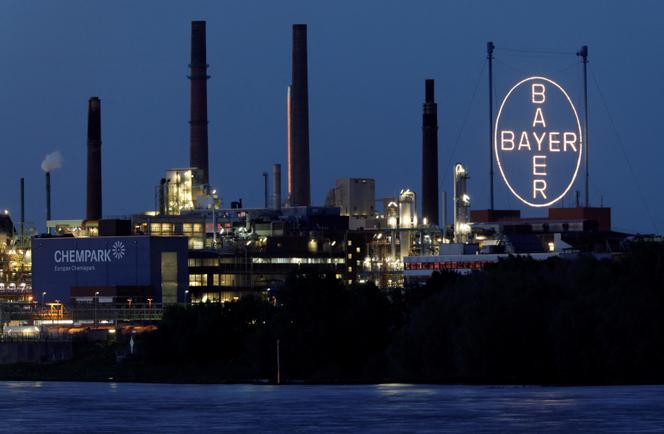


On Thursday, November 16, the European Commission decided to extend the use of glyphosate, the controversial active ingredient in Bayer's (Monsanto) Roundup weedkiller, for 10 more years until December 15, 2033. In 2017, the Europeans had only granted the herbicide a five-year extension. This measure is not the result of a compromise between the EU's 27 member states, but the result of a perfectly legal procedure that gave the EU Commission the final say.
On September 20, the Commission put its proposal on the table, but the member states neither adopted nor rejected it at a first meeting on October 13. Neither side could muster the necessary majority of 15 countries representing at least 65% of the EU's population.
On Thursday, Brussels submitted the same text to the EU-27, as required by procedure. The result was identical, although Italy, which had supported the Commission's proposal in October, abstained this time. In the end, no majority emerged for or against the text.
As a result, the Commission decided to accept glyphosate's renewal for ten years. This was authorized by the procedure, and the Commission announced the renewal following this second vote. While the molecule's current authorization runs until December 15, "it could have come back with another proposal," said Pascal Canfin, Chairman of the European Parliament's Environment Committee.
Instead, continued the macronist MEP, "Ursula von der Leyen [the Commission's president], chose to force the issue by reauthorizing glyphosate for ten years without any majority, and despite the fact that the continent's three biggest agricultural powers, France, Germany and Italy, did not support this proposal." According to a Commission spokesperson, "the deadlines did not allow us to present a new proposal."
France had argued for a shorter seven-year period and for glyphosate to be "replaced by other solutions whenever possible," as the French Ministry of Agriculture reiterated on Thursday. France abstained again on Thursday, drawing criticism from several NGOs.
Foodwatch and Générations Futures denounced "an unsurprising betrayal of the promise made by the President of the Republic in 2017," when Emmanuel Macron promised to ban glyphosate within three years. "France's abstention from this vote and its lack of courage are not acceptable," Greenpeace also said. Greenpeace further stated that the Commission "prefers to side with the agrochemical lobbies rather than follow scientific advice, apply the precautionary principle and accept the ban on this pesticide."
You have 60% of this article left to read. The rest is for subscribers only.
